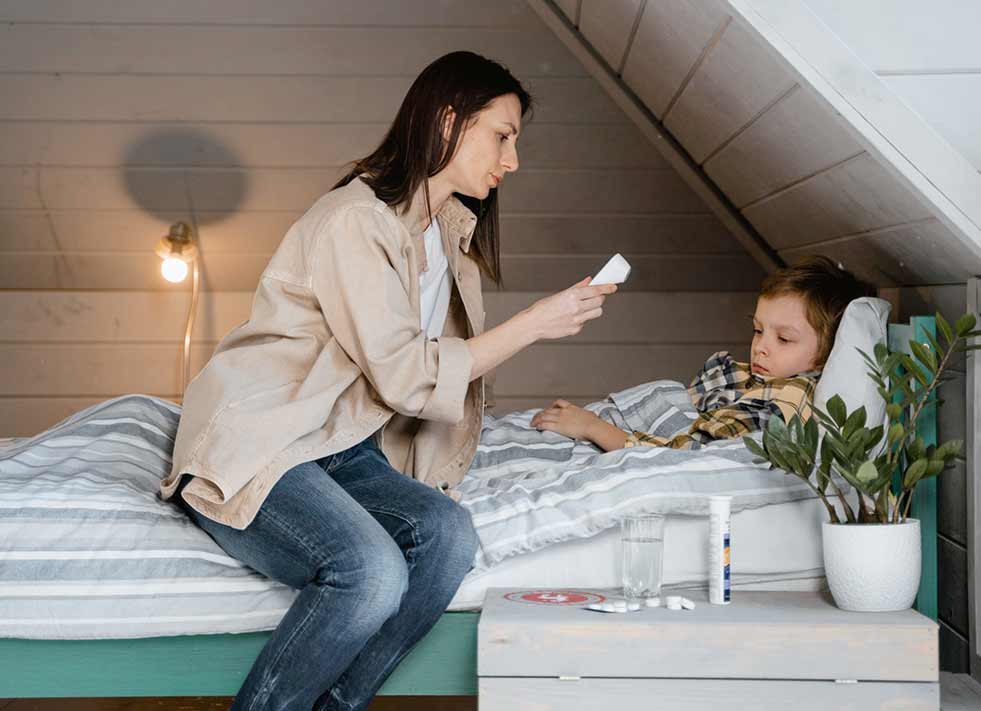Across the UK, there have been reports of multiple deaths in children that have died of an invasive Group A Streptococcal (iGAS) infection. Dr. Colin Brown, Deputy Director, of the UK health Security Agency (UKHSA) has reported that streptococcal infection continues to be higher than we would normally see at this time of the year, and they have advised parents to look out for symptoms in their children, which include a sore throat, headache, and fever (> 38°C).
What is Group A Strep?
Acute Group A streptococci (GAS) is a bacteria infection common in children aged 5 to 15 years and is more common in the winter. It causes mild throat infections and scarlet fever. In very rare occasions, the bacteria can get into the blood and cause a more severe illness called invasive Group A strep (iGAS).
Scarlet fever typically causes a sore throat, fever, and a red sandpaper-like rash on the chest or back. On darker skin, the rash can be more difficult to see but will have a sandpapery feel. A child may also have other symptoms like:
- Headache, tiredness, nausea, and vomiting.
- Strawberry tongue which is a pink-red appearance of the tongue.
- Swollen neck glands.
How is it transmitted?
GAS is transmitted by breathing infected airborne droplets produced through coughing or sneezing or by direct contact with contaminated surfaces.
How is it diagnosed and treated?
A GP can diagnose GAS following a consultation and can suggest a treatment which may be starting an antibiotic. A throat swab or blood test is not routinely needed for the diagnosis of scarlet fever unless your doctor is uncertain about the diagnosis, or your case is suspected to be part of an outbreak.
If iGAS is suspected, you will need to attend the hospital as soon as possible especially if it is in the case of a young child or if you are an elderly person and a person with low immunity due to medical problems like diabetes or cancer.
What are the best measures to prevent this infection from spreading?
- Avoid going to school, or work for at least 24 hours after starting antibiotic treatment.
- Try effective and frequent handwashing for example before preparing and eating food, after using the toilet, after play, and after sneezing and disposing of tissues.
- Avoid sharing eating utensils and towels.
- Avoid contact with very young children, the elderly, and people who have low immunity.
- Learn more about Scarlet fever from the NHS.
Call 999 (emergency services) if you become severely unwell.
However, if you think you don’t need to go to the hospital and/or you are not sure if you need an antibiotic? Book an appointment with our online doctors who will be able to advise you today!
